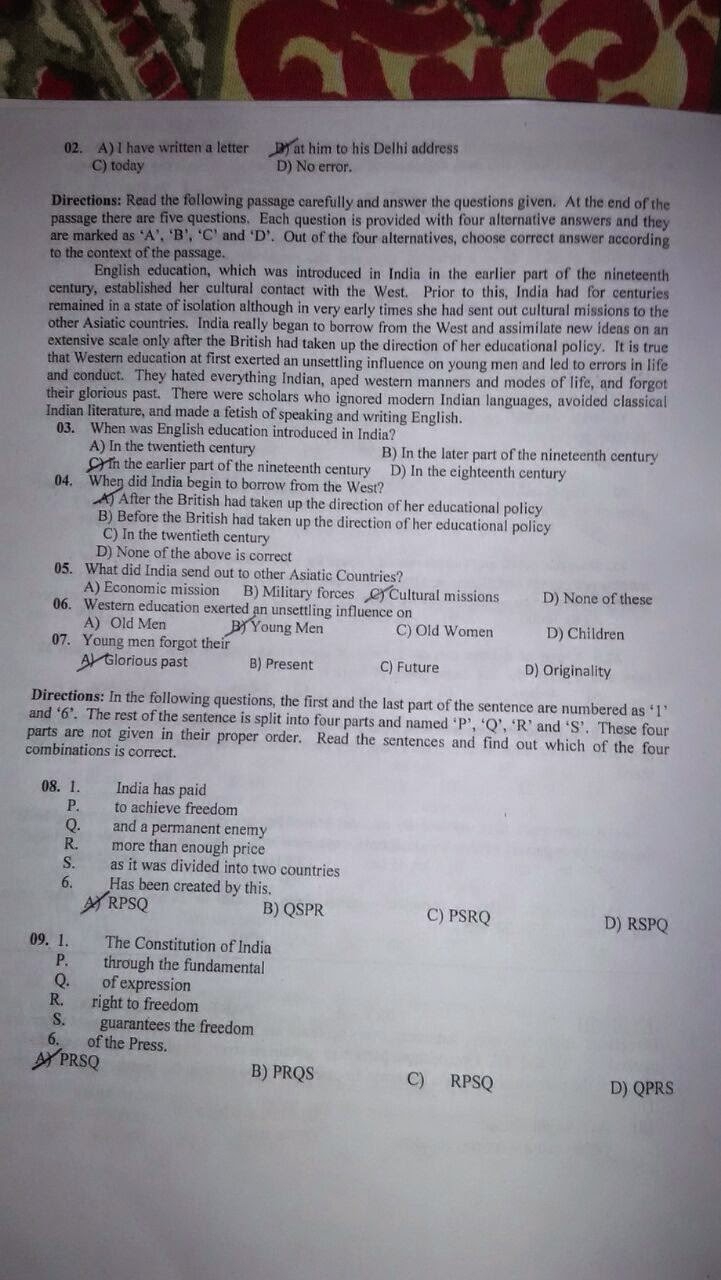14.04.2015
- THE INNOVATION CHALLENGE FACING POSTAL OPERATORS WORLDWIDE DOMINATED
DISCUSSIONS ON THE FIRST DAY AT THE UNIVERSAL POSTAL UNION’S WORLD
STRATEGY CONFERENCE AS POSTAL EXECUTIVES, GOVERNMENT REPRESENTATIVES AND
PRIVATE COMPANIES DEBATED HOW TO BEST RESPOND AND ADAPT TO THE RAPID
CHANGES THRUST UPON THE SECTOR BY TECHNOLOGICAL CHANGE.
(L.
to R.) Dimitry Strashnov, director general, Russian Post; Moulay Hafid
Elalamy, Morocco's minister of industry, trade, investment and digital
economy; Stefan Krawczyk, associate general counsel and head, government
relations, eBay; Lin Hongliang, director, Asian-Pacific Postal Union;
Peter Somers, moderator (Photo: UPU/Pierre Alboui)
“Together
we must take stock of our organizations and the postal sector today,
and shape our future tomorrow,” UPU Director General Bishar Hussein told
the conference.
The
rapidly expanding e-commerce sector was of particular interest during
the opening day of the conference. While this sector promises great
growth for postal operators, it brings many challenges as well. Consumer
demands when it comes to delivery of e-commerce goods, for example, are
changing quickly. As well, it is still unclear whether e-commerce
giants, such as Amazon, are interested in handling last-mile delivery
themselves.
“The
future of commerce is a blurred landscape, where the consumer dictates
how, where and when he will consume,” said Stefan Krawczyk, associate
general counsel and head of government relations at eBay. “That means
the delivery operators will have to adapt to what the consumer
dictates.”
Postal
operators are already changing the way they deliver packages, including
introducing package lockers and sending delivery notifications to
customers via text messages. Krawczyk, however, stressed that consumers
are looking for transparency and predictability when it comes to package
delivery. A seller in Europe needs to feel certain that when they send
an item to a buyer in South America, it will arrive on time. They also
want the service and pricing to be transparent and logical, Krawczyk
added.
Dimitry
Strashnov, director general of Russian Post, seconded that viewpoint.
Postal operators, for example, should analyze what kind of delivery
their customers need and expect. “Do we need to deliver all the parcels
in one day or two days?” Strashnov asked. “Would a customer be satisfied
having three-to-five day delivery but with a high predictability level.
Can we deliver on the promise? This is getting more and more important
today because the cost of five-day delivery is lower than one day.”
Postal
operators must also be efficient to maintain their profitability,
Strashnov said. This, in turn, allows them to invest in their
infrastructure to create new products.
The
development of new products is an important focus for postal operators
worldwide. Take Saudi Post, which is leveraging its established assets
such as its transportation infrastructure, last-mile delivery network,
postal offices and technology to expand its range of products, according
to Mohamed Saleh Ben Taher Benten, the organization’s chairman and
chief executive officer. For example, Saudi Post has transformed its
transportation network into a logistics network. Its NAQEL logistics
joint venture, in which it holds a majority stake, provides services for
many different industries in Saudi Arabia, including fashion retailers
and food processors.
Another
attractive area for expansion is postal financial services. In
Indonesia, the government has asked the Post to conduct a pilot project
called the “post savings account” in six provinces as many people in
that country still store their cash at home, according to Kalamullah
Ramli, Indonesia’s director general of the ministry of communication and
information technology.
The
development of such value-added services is what makes Moulay Hafid
Elalamy, Morocco’s minister of industry, trade, investment and digital
economy, optimistic about the future for his country’s postal operator.
“From my point of view, posts will continue to be profitable in coming years if they modernize,” Elalamy told the conference.
However,
it’s not just the postal operators that have to adapt, but the rules as
well, according to speakers at the conference. Philippe Wahl, president
of France’s La Poste, said work on the development of the UPU’s global
integrated postal programme, known as ECOMPRO, is necessary for the
further development of the e-commerce market.
“We
need to communicate and exchange information with all members from the
UPU,” Wahl said. “It’s the next big step we are taking together.”



























